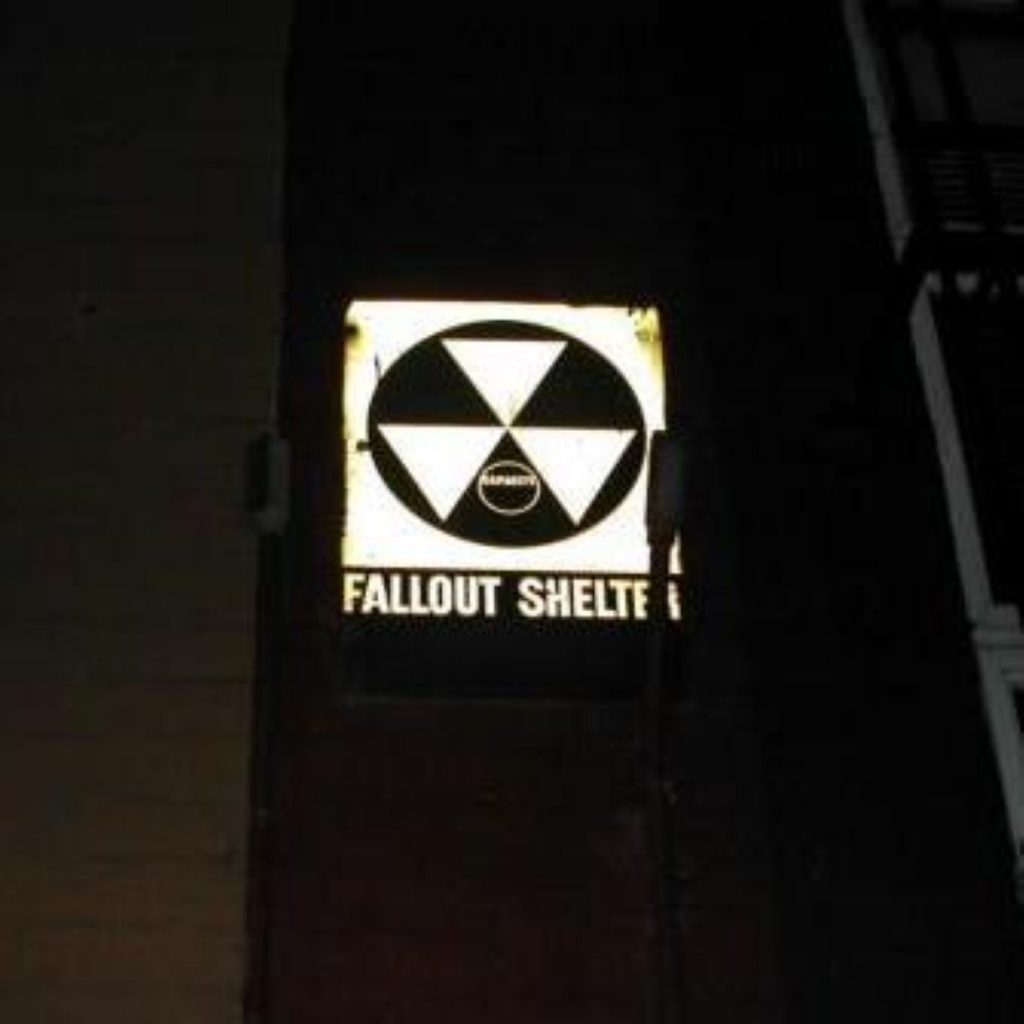Germany takes up UK anti-nuclear campaign
By Ian Dunt
Top-level German political figures, including a former German chancellor, have taken up a UK initiative to restart international nuclear disarmament.
The initiative began when a collection of former foreign and defence secretaries, including Malcolm Rifkind, Douglas Hurd, David Owen and George Robertson, wrote an article arguing “there is a powerful case for a dramatic reduction in the stockpile of nuclear weapons”.
In an article for the Frankfurter Allgemeine Zeitung and the International Herald Tribune a former chancellor, president and foreign minister wrote: “Negotiations aimed at drastically reducing the number of nuclear weapons must begin, initially between the United States and Russia, the countries with the largest number of warheads, in order to win over the other countries possessing such weapons.”


The authors also call for the Nuclear Non-Proliferation Treaty (NPT) to be greatly reinforced and for America to ratify the Comprehensive Nuclear Test-Ban Treaty.
The men who penned the article span the German political spectrum. They are Helmut Schmidt, Social Democrat, who was chancellor between 1974-1982, Richard von Weizsäcker, a Christian Democrat who was president of the Federal Republic from 1984-1994, Egon Bahr, a minister in Social Democratic governments who was an architect of the policy of “ostpolitik” and Hans-Dietrich Genscher, of the Free Democrats (Liberals), who was foreign minister fro 1974-1992.
“We warmly welcome this statement, which shows the ever-broadening interest in getting multilateral disarmament firmly back on the international agenda” said Kate Hudson, chair of the Campaign for Nuclear Disarmament (CND).
“The eight years of the Bush presidency have squandered precious time to put the world on a course towards global abolition.
“Now we need Obama to set a clear agenda of cuts in the US warhead stockpile and begin discussions with Russia on parallel moves.”
The resurgent anti-nuclear campaign is one of many single issue campaigns hoping an Obama administration will be more sympathetic to its views.
President-elect Barack Obama, who takes over at the White House next Tuesday, has not yet decided whether he will press ahead with plans for a missile defence shield
Campaigners have several concerns about the shield, not least that it would allow America to launch a nuclear strike without having to fear one in retaliation.
CND activists also complain the Bush administration’s decision to proceed with the shield and withdrawal from the Anti-Ballistic Missile Treaty has sparked a new arms race and fractured relations between Russia and the US.

